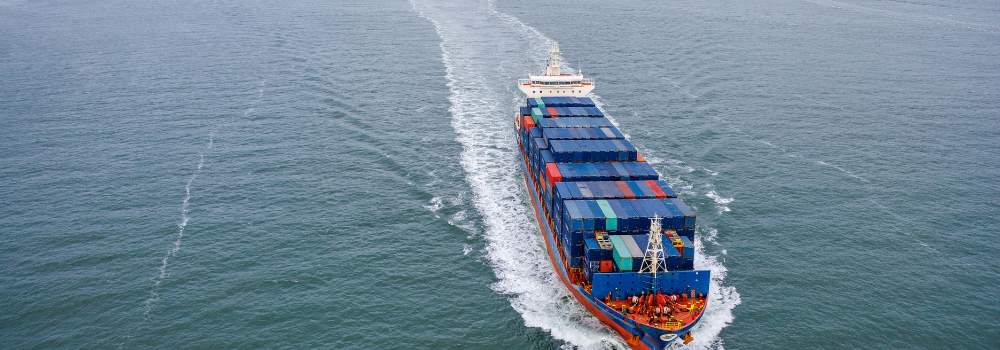Christian Rae Holm, Managing Director of Coach Solutions, emphasizes that IT solutions can foster sustainability, but a positive attitude towards change is crucial.
We help shipping companies use software to understand their carbon emissions and make choices about how to optimise their voyages to create financial and environmental sustainability. We don’t claim that we can save the world; it’s regulators that set the course for decarbonisation.
Increasing vessel efficiency and reducing carbon emissions is daunting but boils down to a simple principle: validated vessel performance data can generate actionable insights for measurable improvements.
Sustainability is not just about protecting the environment but also safeguarding business interests. While shipping focuses on reducing carbon emissions, widespread adoption will only occur if it benefits the bottom line. We provide tools for optimizing operations, understanding that sustainability ultimately lies with our customers.
Effective software tools shouldn’t necessitate costly integration projects. By collecting small amounts of validated data from the crew, we ensure the information is both accurate and useful. This data enables owners to adjust routes and speed to minimize fuel consumption. Despite the greener option of sailing slowly, many owners continue high-speed voyages, either out of habit or because it remains the best business choice when using our tools.
Our aim is to support users in navigating these complex decisions. Having a complete view of the voyage allows for informed comparisons and adjustments. It’s crucial that software solutions cater to operators’ commercial needs, providing valuable insights beyond mere data presentation.
We deliver objective data and analysis, helping owners make informed choices for sustainable operations, balancing financial and environmental considerations. Valid data is essential; without it, opinions are unsupported. Many systems lack proper validation, relying on inconsistent reporting methods.
Achieving a single source of truth for vessel performance requires structured collaboration between owners and charterers. Predictive, trust-based data enhances emission and performance estimates, guiding voyage decisions.
We fully support the agenda of decarbonisation and the need for increases in vessel efficiency and we agree that global legislation is the best way to guide that process. However, we also believe that daily decisions about vessel fixtures are subjective. Most shipowners are compliance-minded; they want to trade and these days that means lower carbon and higher efficiency. For them, it’s about making that decision and having the tools to realise it.



